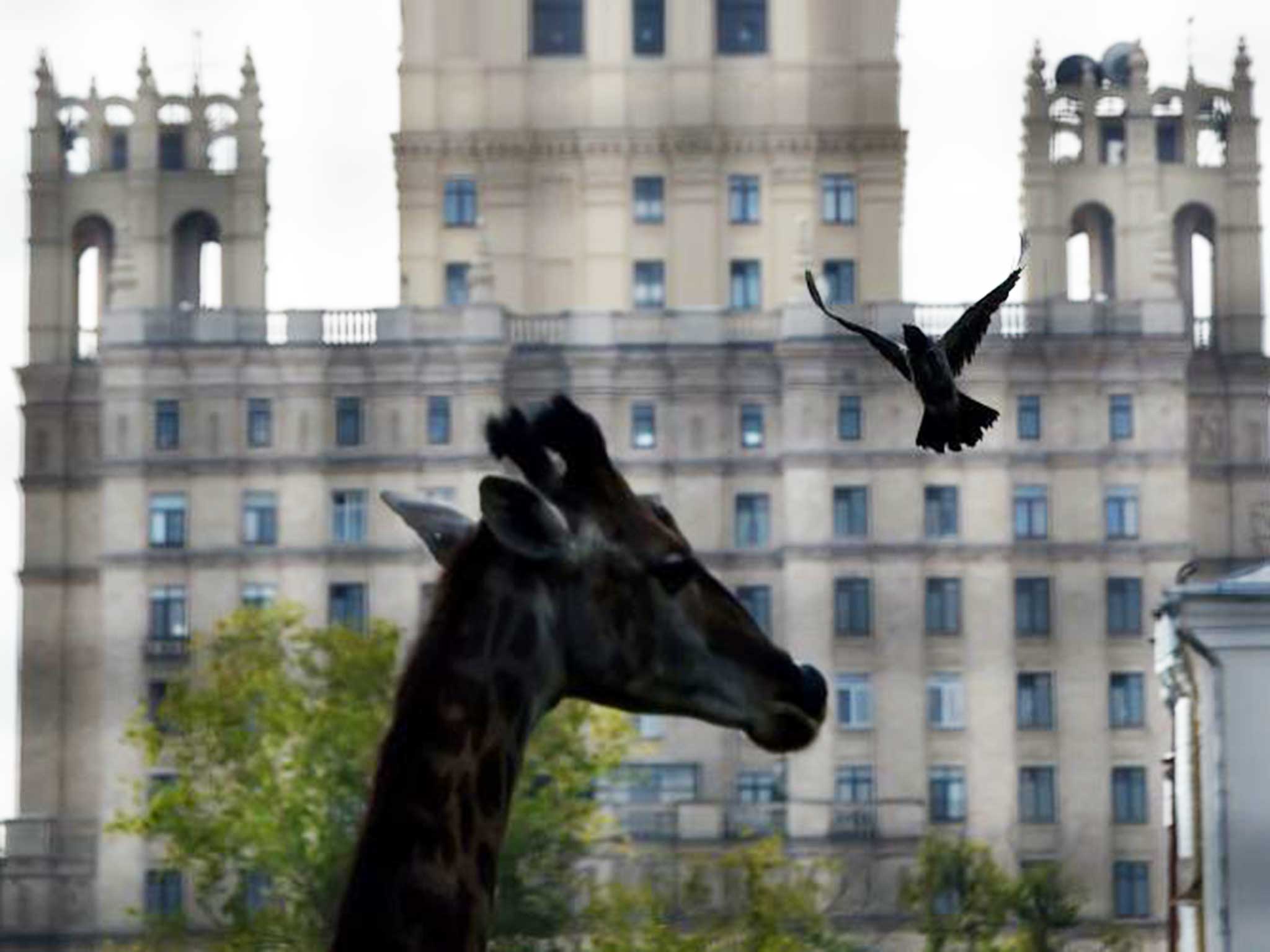Animals at Moscow Zoo are caught up in the stand-off between Russia and the West as they lose their fusion menu
The sanctions against meat, fish, fruits and vegetables were intended to strike a counterblow over the insurgency in Ukraine. But the measures will have another impact

Your support helps us to tell the story
From reproductive rights to climate change to Big Tech, The Independent is on the ground when the story is developing. Whether it's investigating the financials of Elon Musk's pro-Trump PAC or producing our latest documentary, 'The A Word', which shines a light on the American women fighting for reproductive rights, we know how important it is to parse out the facts from the messaging.
At such a critical moment in US history, we need reporters on the ground. Your donation allows us to keep sending journalists to speak to both sides of the story.
The Independent is trusted by Americans across the entire political spectrum. And unlike many other quality news outlets, we choose not to lock Americans out of our reporting and analysis with paywalls. We believe quality journalism should be available to everyone, paid for by those who can afford it.
Your support makes all the difference.The giraffes at the Moscow Zoo like to eat apples from Poland, although they probably never meant their dietary preference to be a political statement.
But more than 6,000 animals at Russia's largest zoo have been caught up in the worst fight between Russia and the West since the Cold War. A wide-ranging ban on Western food imports announced last week by the Kremlin has forced a sudden diet change for creatures that eat newly forbidden fruit.
The sanctions against meat, fish, fruits and vegetables from the United States, the European Union and other Western countries were intended to strike a counterblow to nations that have hit Russia over its role in Ukraine's roiling insurgency. But the measures will also have an impact on stomachs at the zoo.
The sea lions crack open Norwegian shellfish. The cranes peck at Latvian herring. The orangutans snack on Dutch peppers. Now the venerable Moscow Zoo needs to find politically acceptable substitutes to satisfy finicky animal palates.
"They don't like Russian food," zoo spokeswoman Anna Kachurovskaya said. "They're extremely attached to what they like, so it's a hard question for us.
"We are not talking about brie. We're just talking about ordinary food." She stressed that none of the animals had such a specialised diet that they would go hungry.
Among Russian humans, the new one-year food ban – imposed in reaction to Western sanctions – has been met with widespread praise. "Like they say, we're kicking back," said Roman Kersonov, 25, a fire alarm technician.
Substitutions may be difficult for the zoo, and food costs will rise. The sea lions' shellfish will have to come from Iceland. Russia can provide the apples, but because of inefficient supply chains, Russian apples are more expensive than Polish ones. Egypt and Turkey can supply many of the vegetables. The penguins eat fish from Argentina.
Orangutans, gorillas and monkeys are particularly finicky eaters, but Ms Kachurovskaya said they would adapt.
"In the wild, they eat what they have, not what they want," she said.
The Washington Post
Join our commenting forum
Join thought-provoking conversations, follow other Independent readers and see their replies
Comments